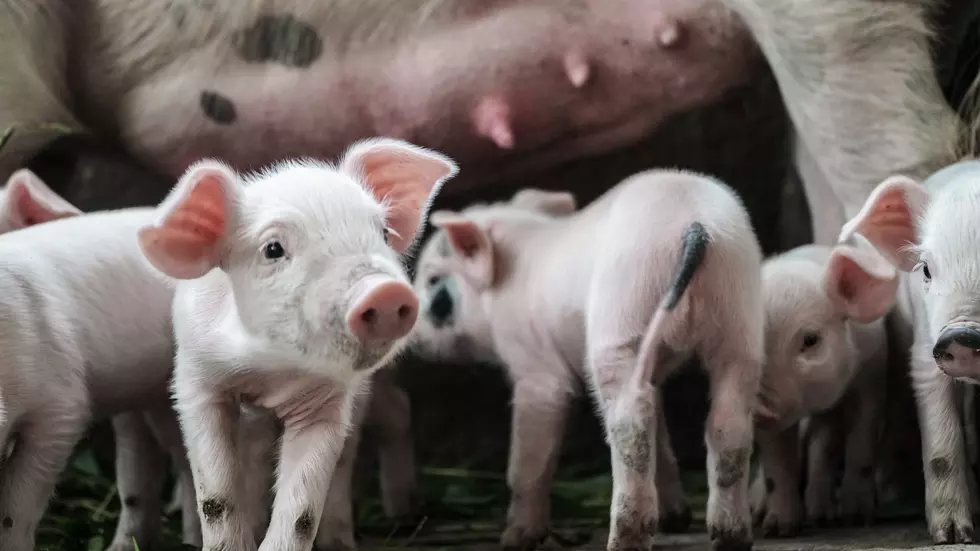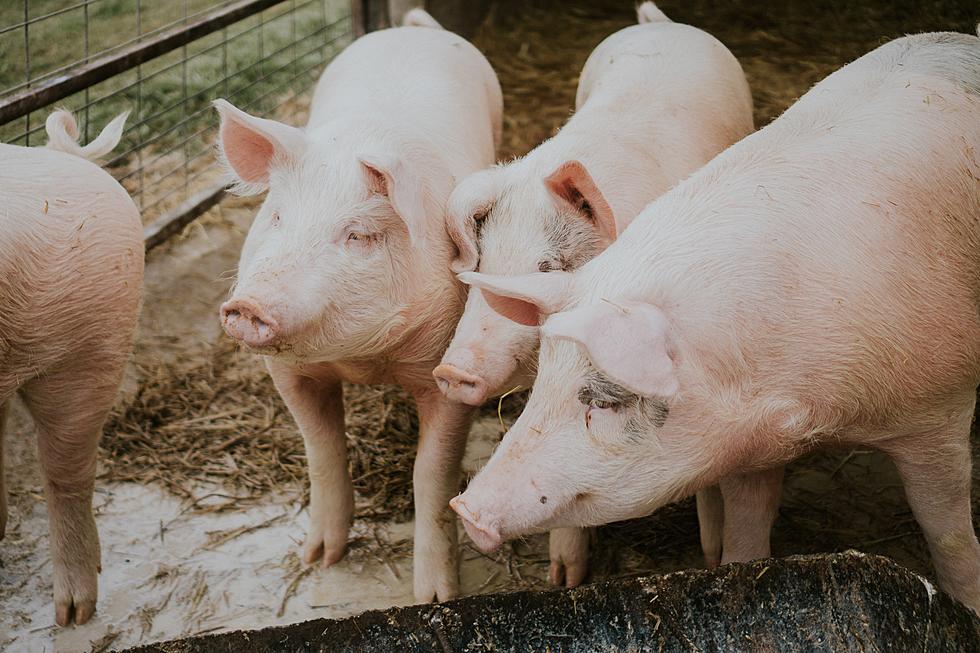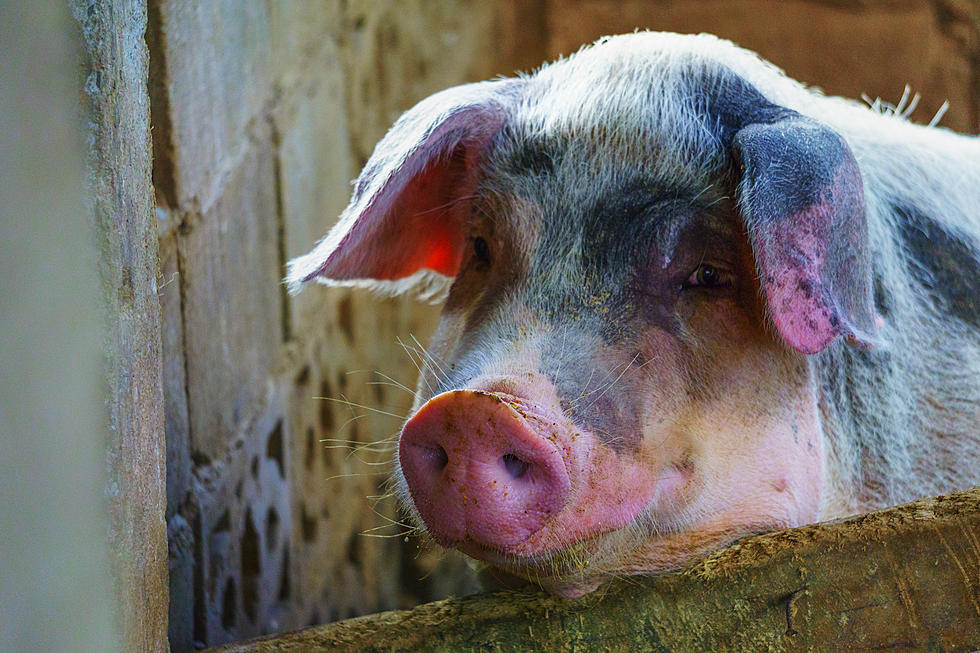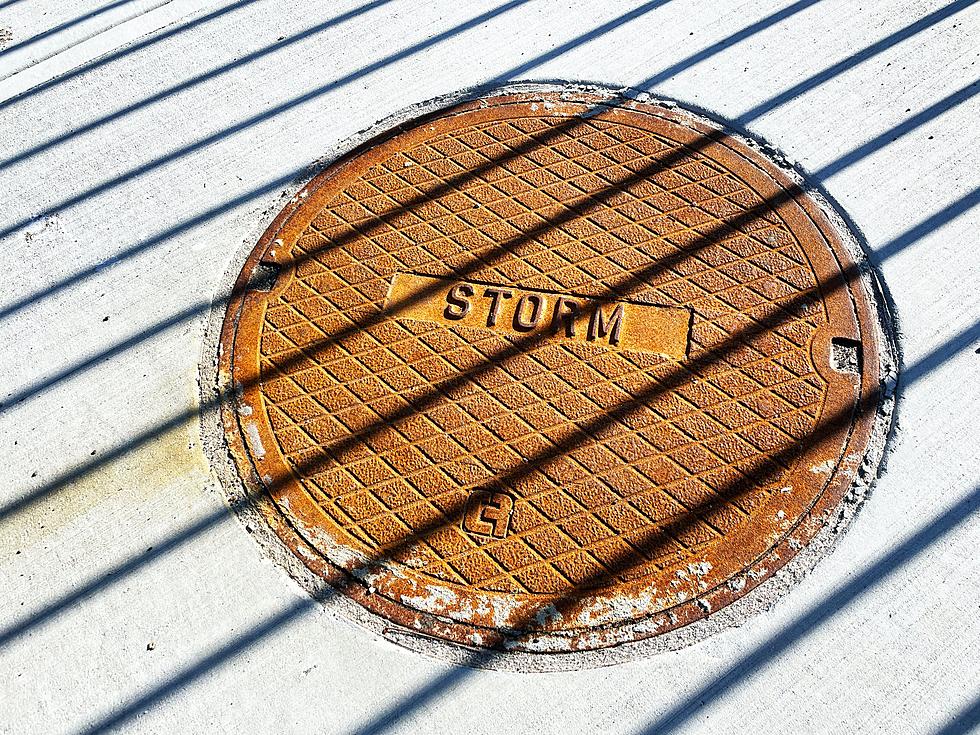
Are National Conversations Lining Up With Iowa Producers Needs?
Resiliency is the word many people use to describe the agriculture industry. This was especially the case at the Iowa Pork Conference last week when speakers across the Midwest addressed producers coming out of the COVID pandemic.
Jayson Lusk, an Ag Economist with Purdue University was the keynote speaker at the event. I had the opportunity to talk with him about the state of the pork industry on Thursday before he addressed producers.
I think a lot of the national conversations that are happening at the moment around pork, really go back to a couple of years ago when we had some of the massive supply chain disruptions that happened when the pork packing plant was shut down…
One of the lessons here I think we looked at the data is largely the industry moved on from that, but the political discussions haven't so how do we navigate some of those issues in the current environment,
So, what were people talking about on a political level? According to Lusk, it’s important to remember to match those conversations with what’s actually going on in the industry.
I think resiliency is a much more difficult issue than just adding capacity. If you think about what we would have needed when we had those packing plant shutdowns, it's really what we need is redundancy in the system or excess capacity. The problem is excess capacity is really expensive. You know, it would be crazy if you went to your bank and said, ‘I want $100 million to build a new pork packing plant and I'm only going to run a half-full just in case there's some national shutdown’. That doesn't make good business sense.
And as producers adapted throughout the Pandemic to keep animals on their property for longer periods of time, it’s changing how people go about running their operations.
The ability to hold hogs longer on the farm, or extend those feeding periods. Those are all extra ways to provide flexibility to assist when we need them, I think thinking through some of those options is probably as important if not more so than just building more bricks and mortar.
And you can’t talk to an economist without looking at how price inflation affects the industry.
It's hard to get labor, fuel, trucking, fertilizer these days, all those things are adding extra costs to the system. I think it's a combination of those factors along frankly, with some of the monetary policy that we've seen. There's just been a lot of money pumped into the economy. And I think if it's that confluence of events, which is really pushing up prices.
When will it come down? Now, that's anybody's guess.
More From AM 950 KOEL









